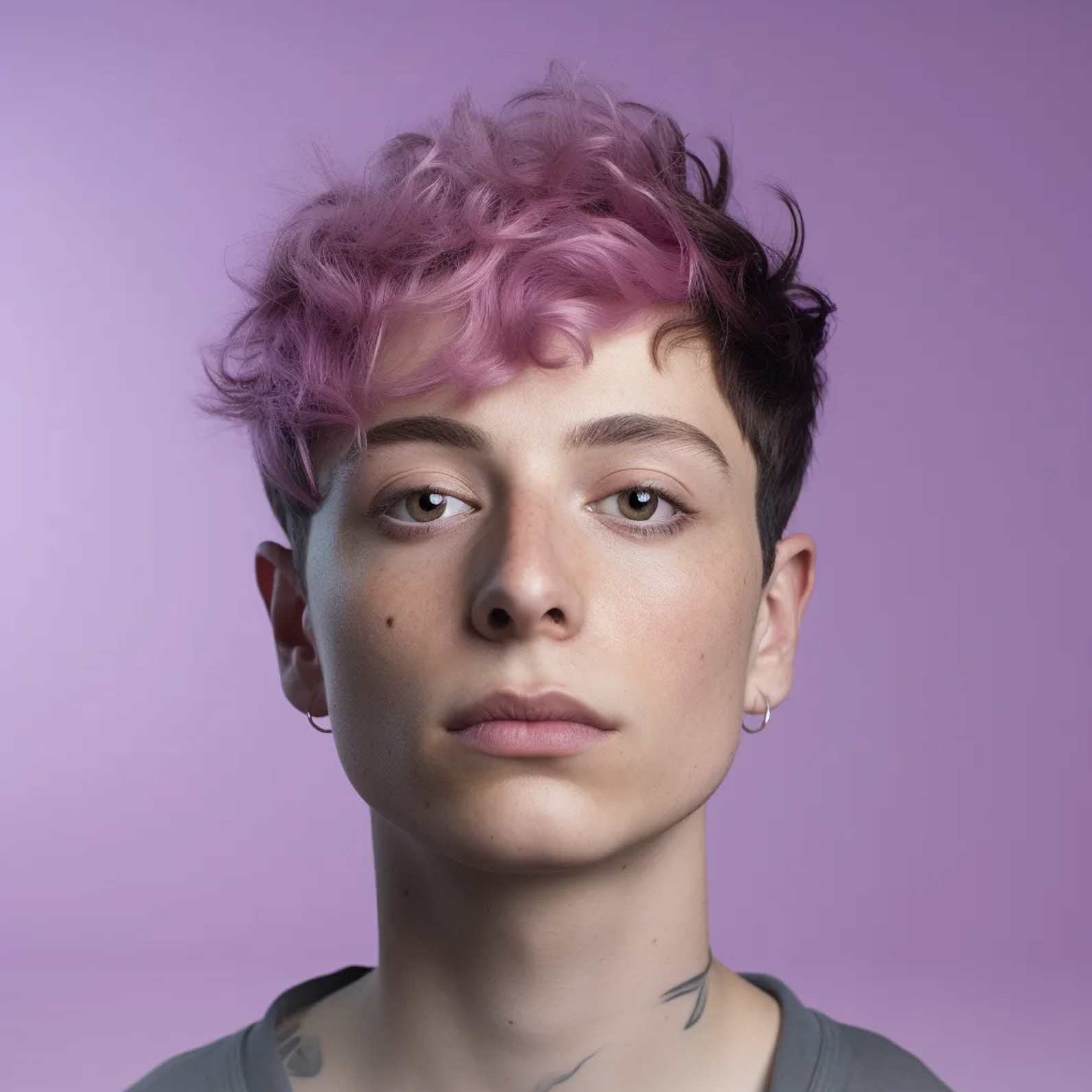Navigating Representation: The AI Portrayal of Queer Communities
Image Credit: Reece Rogers | MidJourney AI
A recent investigation by WIRED into generative AI tools, including OpenAI's Sora, reveals a complex narrative about the depiction of LGBTQ+ individuals. Amid the growing participation of queer people in the AI revolution, there's a noticeable disparity in how these communities are represented by the technologies themselves.
Despite San Francisco's vibrant queer culture and significant contributions from LGBTQ+ individuals within the AI field, AI-generated images often fall into stereotypical portrayals. From overused motifs like purple hair to simplistic renditions of gender and sexuality, these depictions lack the depth and diversity of real queer lives.
The challenge stems from the data driving these AI models, predominantly scraped from web content that may already carry biases. This highlights a critical conversation about the need for better data, more inclusive algorithm design, and the ethical implications of AI in shaping perceptions of minority groups.
On a brighter note, efforts like Queer in AI are making strides towards more inclusive AI development, emphasizing the support for LGBTQ+ researchers and advocating for representations that reflect the true diversity of human experiences.
Yet, as AI technologies evolve, so does the dialogue around representation. The journey toward inclusive and accurate portrayals in AI-generated content is ongoing, underscoring the importance of community engagement and critical oversight.
As we stand at the intersection of AI innovation and social representation, how can we ensure that AI serves to amplify the richness of queer identities rather than compress them into stereotypes?
Source: https://www.wired.com/story/artificial-intelligence-lgbtq-representation-openai-sora/

